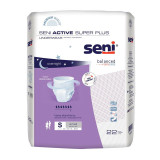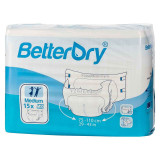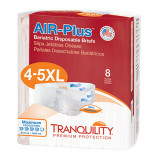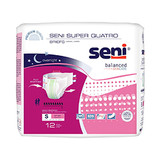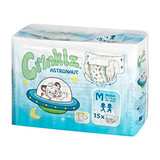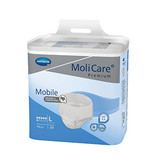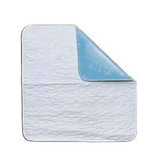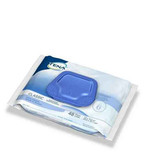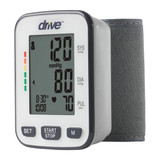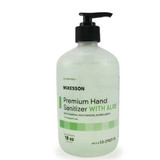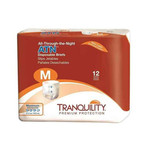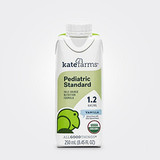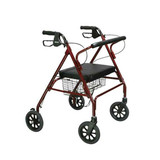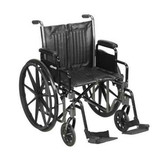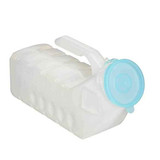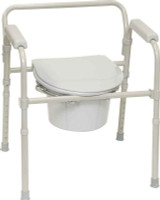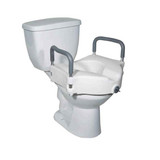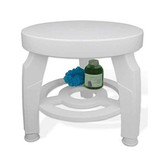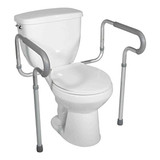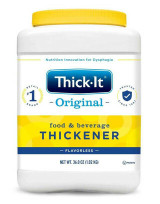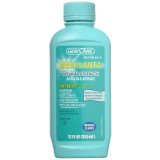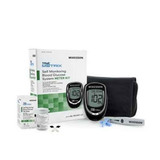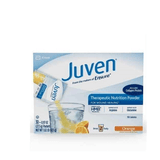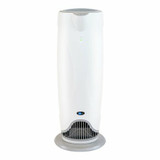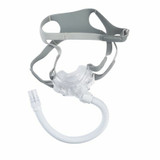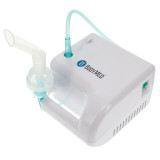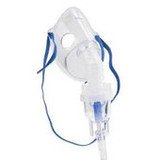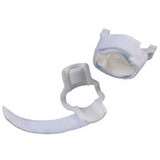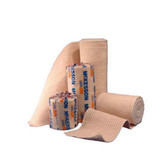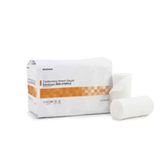
The Caregiver Guide – Overcoming Nutrition Challenges in Seniors
When we think about age-related diseases and conditions, the effect of poor nutrition doesn’t immediately come to mind for most people. We’re so busy focusing on the so-called dread diseases, dementia and diabetes, that we fail to recognize the decline in nutritional quality among older people. A research report by Elsa Dent PhD et al., published in the medical journal The Lancet, finds that around a quarter of adults over 65 are malnourished or have a high risk of falling into malnutrition. And worse still, the aging population will steadily drive this number upwards.
To say that malnutrition among seniors has become a significant health issue in the US is no understatement. A North Carolina Medical Journal report puts the estimated annual cost of disease-associated malnutrition at just over $51 billion. In contrast, this article by Abbott sets the estimate at a substantially higher $147 billion. These estimates would include different elements of direct and indirect costs. Be that as it may, it is a major economic burden and a very worrying healthcare problem that needs urgent attention.
Understanding the Importance of Nutrition in Seniors
We’re taught from a very young age that a healthy, balanced diet is the foundation of a healthy life. Along with exercise, of course. This is so ingrained that most of us take it for granted. Many home cooks do the “five a day” more or less without conscious thought.
Sadly, that seems to fall apart when we get older for various reasons. Cognitive decline, impaired mobility and various other age-related illnesses and afflictions are usually to blame. We just stop making the effort, or we stop recognizing the importance of good nutrition. And thus, we initiate a self-fueling tailspin.
Healthy nutrition helps to preserve the immune system and general health and fitness levels. When you neglect the intake of proteins and minerals, you start losing muscle mass, and you become weaker and more susceptible to infections and injuries. Going low on carbohydrates causes weight loss and a lack of energy and, ultimately, contributes to a deterioration in overall health.
Common Nutritional Challenges in Seniors
As if aging doesn’t bring enough challenges, nutrition is one that is often overlooked. Very often, the effects of poor nutrition are invisible, or they may be confused with other probable causes. Understanding the causes and being able to recognize the signs of poor nutrition will help to maintain a better level of overall health and well-being and may also reduce the risk of developing more serious age-related diseases. Let’s look at the most common risk factors:
Loss of appetite. As simple and obvious as it may seem, this is one of the most common causes. The loss of appetite can be attributed to a variety of underlying problems, and each of them would be addressed differently. So, let’s deal with the underlying causes separately.
Loss of the sense of smell or taste. The loss of these senses is usually caused by an infection or the use of certain medications. Without the ability to taste and smell, many people see no point in eating or drinking. Fortunately, once the underlying cause has been treated successfully, the senses will return to normal.
Difficulty chewing or swallowing can be a somewhat more serious problem. Chewing problems result from infections or inflammation in the mouth, dental conditions or stiffness of the jaw muscles. In most cases, the underlying cause is treatable, and the pain will eventually subside. In cases such as cancer or nerve damage due to diabetes or chemotherapy, the pain may be long-lasting and not readily treatable.
Problems with swallowing can also cause significant discomfort. Most swallowing problems are grouped under the term Dysphagia. It has many causes ranging from neurological disorders to cancer to medication side effects. When the problem persists, it is often resolved by switching to soft or pureed foods. In some cases, people cannot control the swallowing of liquids, and require thickeners to prevent spillage. If you’re experiencing any discomfort when chewing or swallowing, you can contact the team at LL Medico. We stock a wide range of thickeners, purees and nutritional drinks to ensure you get all the nutrition you need.
Recognizing Signs of Malnutrition in Seniors
Malnutrition isn’t always easy to spot. Many cases will have obvious signs like sustained weight loss and weakness or lack of energy. The problem is that poor nutrition isn’t always about not eating. Sometimes, it boils down to not eating correctly and neglecting the intake of certain minerals or micronutrients.
This is very difficult to recognize because the symptoms may manifest in many ways that could easily be confused with other issues. For instance, sudden rapid weight loss does possibly point to malnutrition, but it could equally be indicative of diabetes or cancer. As a caregiver, you should follow up on any signs of unplanned weight loss, muscle weakness or behavioral changes as something serious may be developing.
Practical Strategies for Overcoming Nutritional Challenges
Loss of appetite is far more common among older people than we care to admit. Whatever the underlying cause, the outcome is almost always that food gradually loses its appeal, and people make less and less effort with meals. If you notice a patient or loved one neglecting their nutrition, you can help to address it by setting up a meal plan.
With appetite loss, spreading the food intake into smaller, more frequent meals is the first step. Next, you must ensure that the daily food intake covers all the recommended food groups and the required calorie count. This may be quite a challenge if the person has fussy food habits, and you may need to resort to supplements to balance everything up.
Planning meals ahead not only ensures that your patient gets all the nutrients they need, but it also helps you with scheduling and making the most of your time. Grocery shopping becomes a lot easier, and wastage is largely eliminated because you can set up a very specific shopping list that ensures you’re buying only what you need.
Conclusion
Maintaining good nutrition in seniors is a fairly complex challenge that requires understanding, patience and creativity. It is, however, a challenge that we must rise to meet. As Hippocrates said so many centuries ago, "Let food be thy medicine and medicine be thy food”, underpinning the positive health effect of good nutrition. So, in closing, let us remind you that, for expert advice and a wide range of nutritional supplements and food products for people with eating difficulties, the LL Medico team is just a call away. Get hold of us at (855) 422-4556 or email [email protected].










